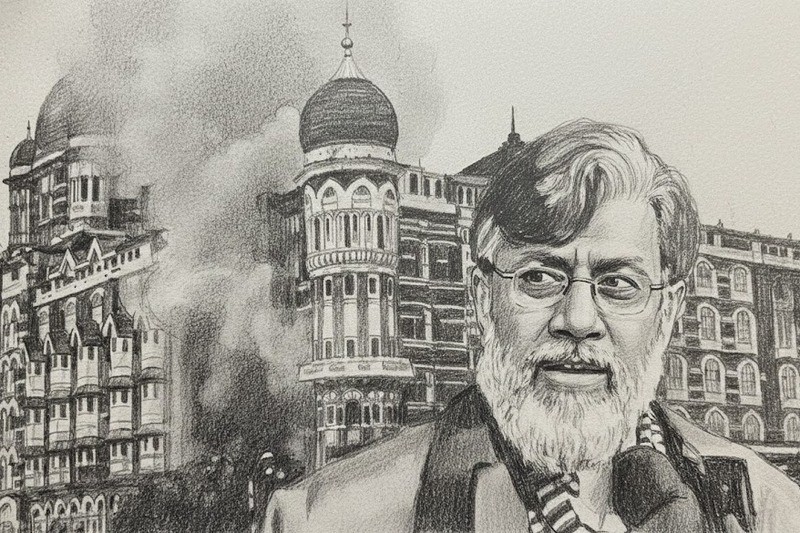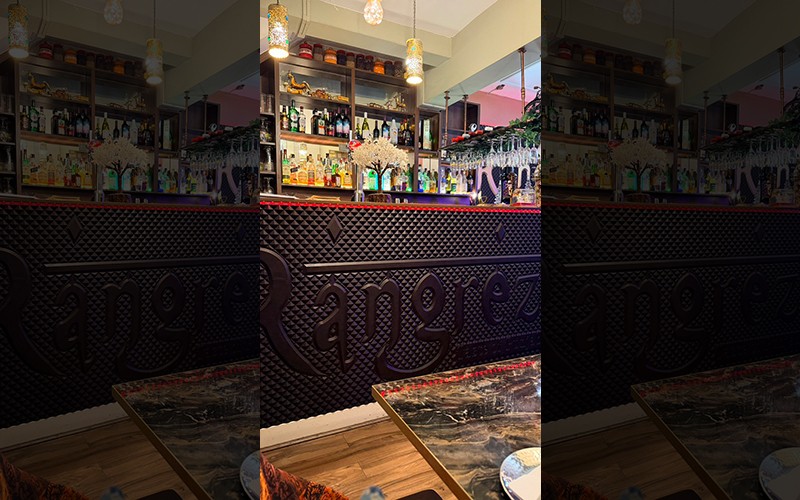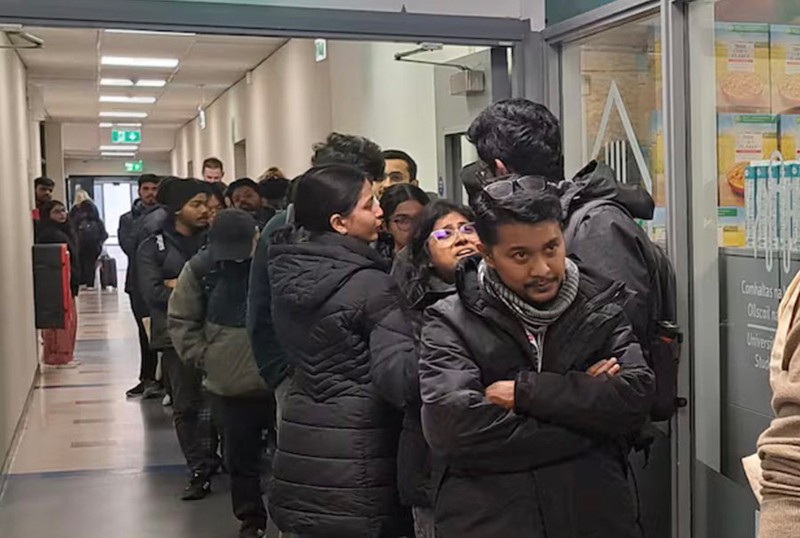Survivors of Libya floods grapple with trauma
Post-traumatic stress and anxiety has become a daily challenge for thousands of Libyans who survived Storm Daniel nearly two weeks ago, UN humanitarians warned on Thursday.
Torrential rains from Storm Daniel on 10 September burst two dams upstream from the coastal city of Derna. According to news reports, the floods inundated as much as a quarter of the city.
Thousands were killed, with many dead bodies still reportedly under the rubble or lost at sea, according to search teams.
In recent days the aid response has focused on collecting the dead, fearing the spread of disease, but for the tens of thousands of Derna residents who survived the flood, trauma and uncertainty is also a pressing concern said the UN aid coordination office (OCHA).
Psychological Aid
Providing psychosocial support is a priority for those living in the eastern Libya –where around 20,000 people are believed to have been killed when Storm Daniel battered Derna, the UN Office for the Coordination of Humanitarian Affairs (OCHA) said on Thursday.
According to the agency, more than 43,000 people have been displaced by the floods. Most of them are staying with relatives in nearby areas, while some 2,780 people have traveled to Benghazi.
So much grief
On a two-day visit to Benghazi, Georgette Gagnon, United Nations Resident and Humanitarian Coordinator met families who fled their flood-ravaged homes and sought safety in Benghazi, 250 kilometers away. They spoke of their loss, and of their concern both for their children’s education and of the unknown.
“It’s heart-wrenching to hear what families have gone through and the severe distress they have endured,” Ms. Gagnon said. “The mental toll is very high, and support is urgently needed to help people heal.”
In a compound a half-hour drive away from central Benghazi, She met a family of five who had arrived four days earlier. They said they found themselves in waist-deep water within seconds.
All their belongings were swept away, and they barely made it out of their home alive. Their house is gone, as are many on their street.
In addition to medical care, disease control and prevention, and the testing and analysis of water sources, psychosocial support has been identified as one of the priority needs for affected people, according to an assessment by UN agencies who were recently in Albaydha, Derna and Sousse.
Agencies on the ground
There has been some solace found by people who have recovered and identified relatives’ bodies. At least they were able to give them a proper burial.
But with some 10,000 still missing, the mystery of those people’s fate has Derna residents left behind battling with anxiety.
UN Humanitarian agencies, including Children’s Fund UNICEF, the UN refugee agency (UNHCR), The World Food Programme (WFP), The World Health Organization (WHO) and migration agency IOM), are all on the ground in Libya, providing aid to survivors in the hard-hit areas and neighboring regions.
IBNS
Senior Staff Reporter at Northeast Herald, covering news from Tripura and Northeast India.
Related Articles

Canada to revoke citizenship of 26/11 accused Tahawwur Rana ahead of Carney visit
Canada has initiated proceedings to revoke the citizenship of Tahawwur Hussain Rana, a key accused in the 2008 Mumbai terror attacks, ahead of Prime Minister Mark Carney’s first official visit to India, according to multiple media reports.

After 16 years, London eatery closes as Indian-origin owner alleges repeated attacks by Pakistanis
An Indian-origin entrepreneur in London has announced that he will shut down his restaurant after 16 years in business, citing rising costs, repeated disturbances and alleged attacks by Pakistanis.

Viral Irish food bank image triggers racist remarks against Indians
A wave of racist comments, targeting Indians, surfaced on social media following the publication of a photograph showing a queue outside a food bank in Ireland, media reports said.

Netherlands’ first openly gay PM Rob Jetten takes oath. Meet his partner Nicolás Keenan
Amsterdam/IBNS: Netherlands’ youngest and first openly gay Prime Minister Rob Jetten took oath on Monday and is set to head a new Dutch government, media reports said.
Latest News

Canada to revoke citizenship of 26/11 accused Tahawwur Rana ahead of Carney visit

DGCA tightens safety norms for non-scheduled operators after recent chopper crashes

Countdown to PM Modi's second historic Israel visit: Strategic talk, Knesset address await

US popular bakery Cheesecake Factory makes India debut with first store in Bengaluru

